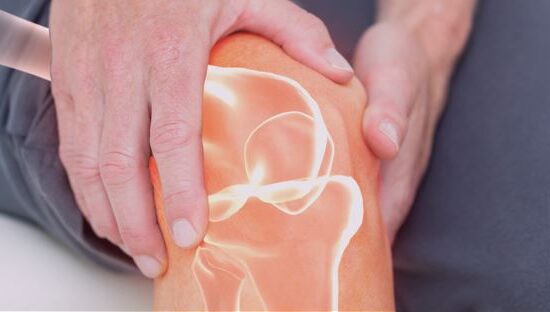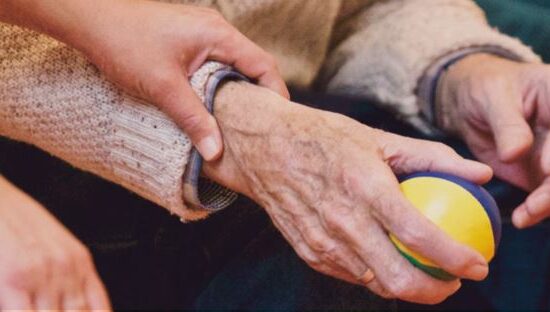What is Alzheimer’s disease?
Alzheimer’s disease corresponds to an irreversible neurodegenerative disease affecting the brain tissue. It leads to progressive deterioration of the mental functions, particularly memory. Memory impairment is often one of the first warning signs.
Where does it come from?
The causes of Alzheimer’s disease still remain obscure. However, two forms can be identified, the familial form and the sporadic form. The first concerns a tiny percentage of cases, for which the genetic mutation involved is hereditary. The second involves the presence of genetic risk factors, such as the particular constitution of certain genes.
How can it be recognized?
During the first stages of the disease, the cognitive losses often begin with memory disorders, particularly short term. Certain other symptoms may be noted, such as:
- A changing or depressive mood;
- Weight loss;
- Spatial and temporal confusion;
- Loss of functional independence;
- Falling;
- Unusual behaviors (aggression, violence, etc.).
The symptoms of the disease progress over time They eventual impair long-term memory, language, and motor ability until the patient is totally dependent and less and less reactive.
Screening for the disease is done by neuropsychological tests, leading to a clinical diagnosis “by default”, when dementia is not due to any other identifiable disease.
Solutions supporting people with Alzheimer’s disease
Take advantage of assistance to mobility and accessibility
To maintain autonomy and the continuation of activities of daily living, a very wide range of products and services exist in several fields. Many solutions for assistance in walking and mobility, residential adaptation or home help and comfort are available to support people with ALS symptoms. They seek to respond to patients’ lesser and greater needs for assistance while providing them with comfort, independence, and safety.








